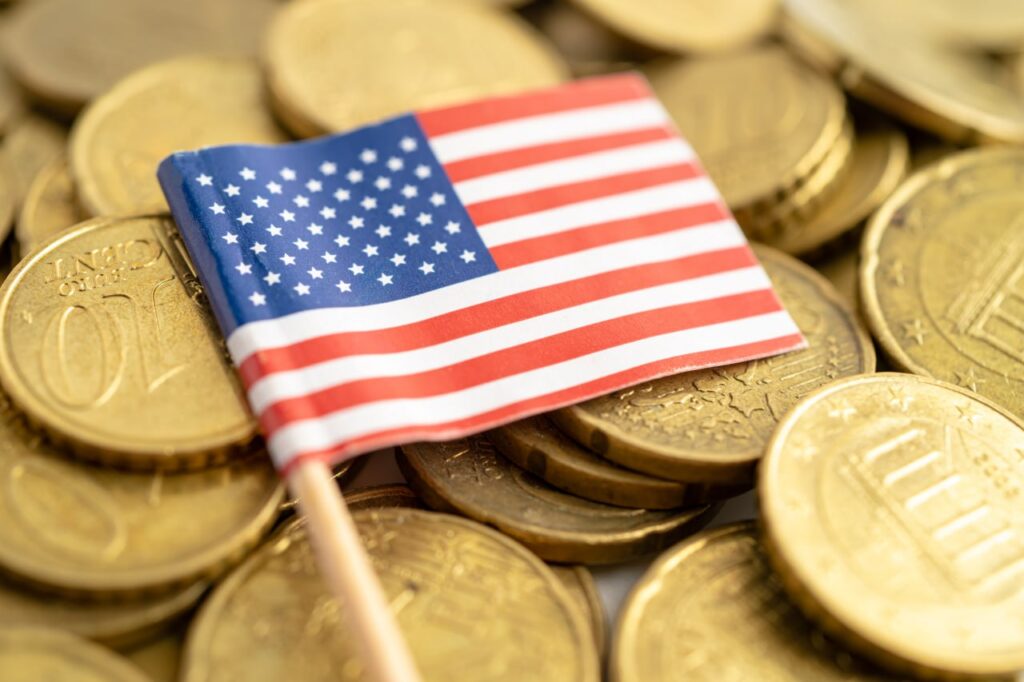In an unprecedented move, a coalition of industry advocates, legislators, and former State Attorney General Rob McKenna is challenging the largest campaign finance fine in U.S. history. They argue this hefty penalty poses a threat to free speech.
Rob McKenna voiced his concerns, stating the case is critical for anyone involved in Washington state campaigns, whether for ballot measures or office runs. The lawsuit, now before the State Supreme Court, has its roots in the 2013 Initiative I-522 campaign, which demanded GMO labeling.

The Consumer Brands Association, formerly the Grocery Manufacturers Association, had set up a member contribution fund for the campaign. State Attorney General Bob Ferguson later sued the organization for allegedly hiding fund sources and failing to register as a political committee. Initially fined $6 million, the penalty was later tripled to $18 million, marking it as the highest campaign finance violation fine in U.S. history.
Examining the Constitutional Challenge
According to McKenna, the central issue isn’t whether the association followed campaign finance rules but whether tripling the penalty is constitutional. He believes such a significant fine could discourage individuals and groups from engaging in political processes, fearing disclosure risks.
Rep. Drew Stokesbary (R-31) cited the Eighth Amendment, which guards against excessive fines, in a brief to the State Supreme Court. This brief was co-signed by several other legislators, including Sen. Ann Rivers (R-18) and Reps. Andrew Barkis (R-2), Michelle Caldier (R-26), and others.
Legislative Concerns and Potential Impacts:
- Excessive fines may be unconstitutional.
- Need for fair and predictable sanctions.
- Risk of stifling political activity and engagement.
Stokesbary argued that fair sanctions are essential to maintaining a vibrant electoral process. He warned that disproportionate penalties might deter individuals from participating in politics due to fear of substantial fines reflecting political bias more than actual infractions.
This case highlights the delicate balance between enforcing campaign finance regulations and safeguarding constitutional rights. The Supreme Court’s decision could set a crucial precedent for future campaign finance enforcement and political engagement.
